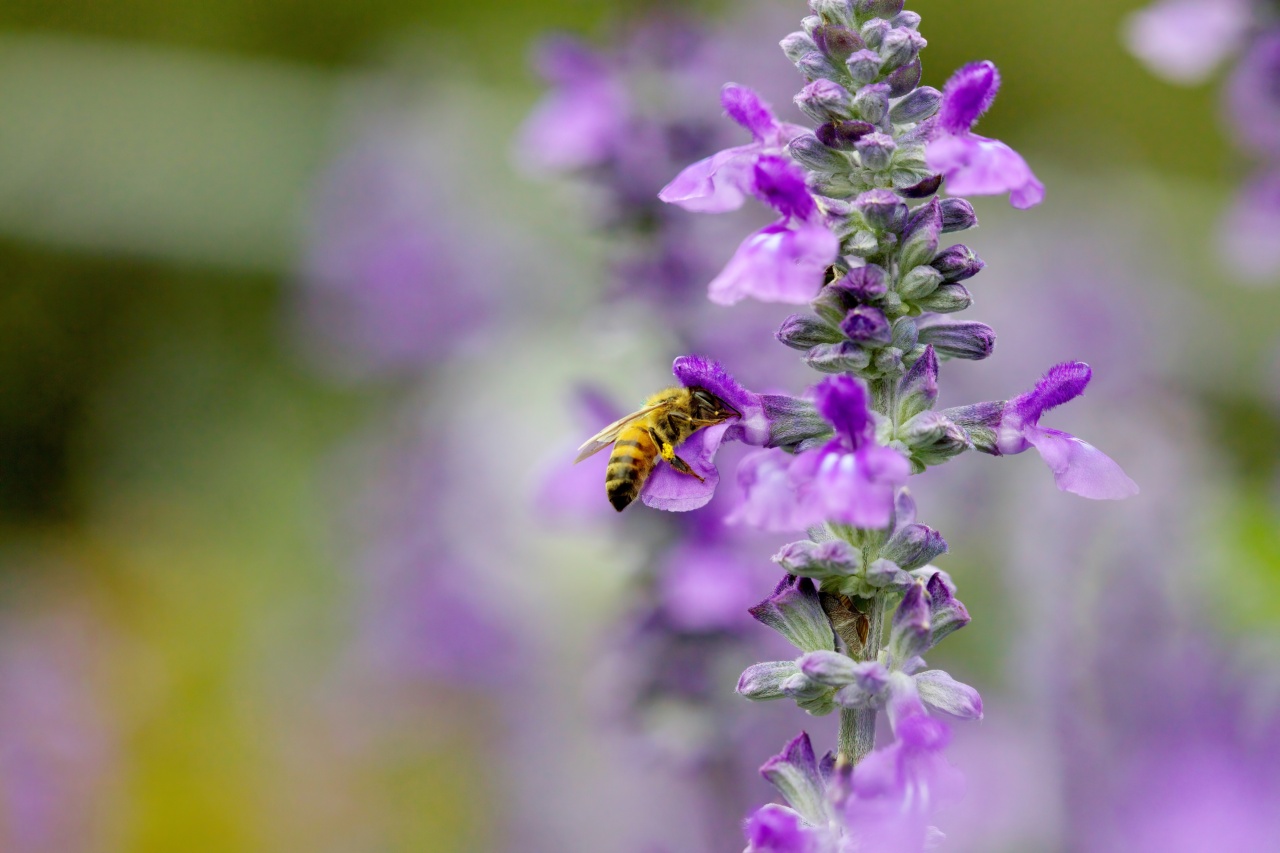Sage, scientifically known as Salvia officinalis, is a fragrant herb commonly used as a spice or medicinal plant. With its earthy aroma and multitude of health benefits, sage has long been cherished in various cultures around the world.
From culinary uses to herbal remedies, this herb has found its place in kitchens, gardens, and medicine cabinets globally.
The Benefits of Sage Consumption
1. Rich in Antioxidants: Sage contains high levels of antioxidants, such as rosmarinic acid and flavonoids, which help neutralize harmful free radicals in the body.
2. Anti-Inflammatory Properties: The potent anti-inflammatory compounds found in sage can help reduce inflammation and alleviate symptoms of inflammatory conditions, such as arthritis.
3. Improved Brain Function: Studies suggest that sage consumption may enhance memory, attention span, and overall cognitive function, making it a valuable herb for supporting brain health.
4. Oral Health: The antimicrobial properties of sage make it an excellent ingredient for maintaining oral health. It can help combat bad breath, heal gums, and prevent dental plaque.
5. Digestive Aid: Sage has traditionally been used to relieve digestive discomfort, such as bloating, gas, and indigestion. It can stimulate digestion and promote the secretion of digestive enzymes.
6. Menopausal Symptom Relief: Some research suggests that sage may help alleviate menopausal symptoms, such as hot flashes and night sweats, making it a natural alternative for hormone replacement therapy.
Potential Risks of Excessive Sage Intake
While sage offers numerous health benefits, consuming it in excess or using certain sage supplements may lead to adverse effects. It is essential to be aware of these potential risks:.
1. Thujone Toxicity: Sage contains a compound called thujone, which, in high doses, can be toxic to the nervous system.
Prolonged or excessive intake of sage with high thujone content can lead to symptoms such as dizziness, seizures, and even hallucinations.
2. Allergic Reactions: Some individuals may develop allergic reactions to sage, particularly if they have known allergies to closely related plants, such as mint or basil.
Allergic symptoms may include skin rashes, itching, swelling, or difficulty breathing.
3. Drug Interactions: Sage may interact with certain medications, especially those with anticoagulant properties. It can enhance the effects of blood-thinning drugs, increasing the risk of bleeding.
Always consult with a healthcare professional before consuming sage if you are on any medications.
4. Hormonal Interference: Sage contains compounds that act as estrogenic agents.
While this can be beneficial for menopausal women, excessive sage intake may disrupt hormonal balance in other individuals, particularly those with hormone-sensitive conditions like breast or uterine cancer.
5. Gastrointestinal Disturbances: In some cases, consuming large amounts of sage or using concentrated sage extracts may lead to gastrointestinal issues, such as stomach pain, diarrhea, or nausea.
It is recommended to use sage in moderation and consult a healthcare professional if experiencing any adverse digestive effects.
Safe Sage Consumption Guidelines
To enjoy the benefits of sage while avoiding potential harm, it is essential to follow these guidelines:.
1. Moderation is Key: As with any herb or supplement, moderation is crucial. Consuming excessive amounts of sage or using concentrated sage products can increase the risk of side effects.
Stick to recommended doses and consult a healthcare professional if unsure.
2. Quality Matters: Choose high-quality sage products from reputable sources to ensure they do not contain excessive levels of thujone or other potential contaminants.
3. Consider Individual Sensitivities: If you have known allergies to plants in the Lamiaceae family, such as mint, basil, or oregano, exercise caution when consuming sage. Be on the lookout for any allergic reactions and discontinue use if necessary.
4. Consult a Healthcare Professional: If you have any underlying health conditions, are pregnant or breastfeeding, or are taking medication, it is best to consult with a healthcare professional before incorporating sage into your routine.
In Conclusion
Sage is a versatile herb with a wide array of benefits when used in moderation. From its antioxidant properties to its positive effects on brain health and menopausal symptoms, sage has much to offer.
However, it is crucial to be cautious and aware of potential risks, such as thujone toxicity, allergic reactions, and hormonal interference. By following safe consumption guidelines and consulting with a healthcare professional when needed, sage can be enjoyed as a flavorful addition to meals or a natural remedy for various ailments.































